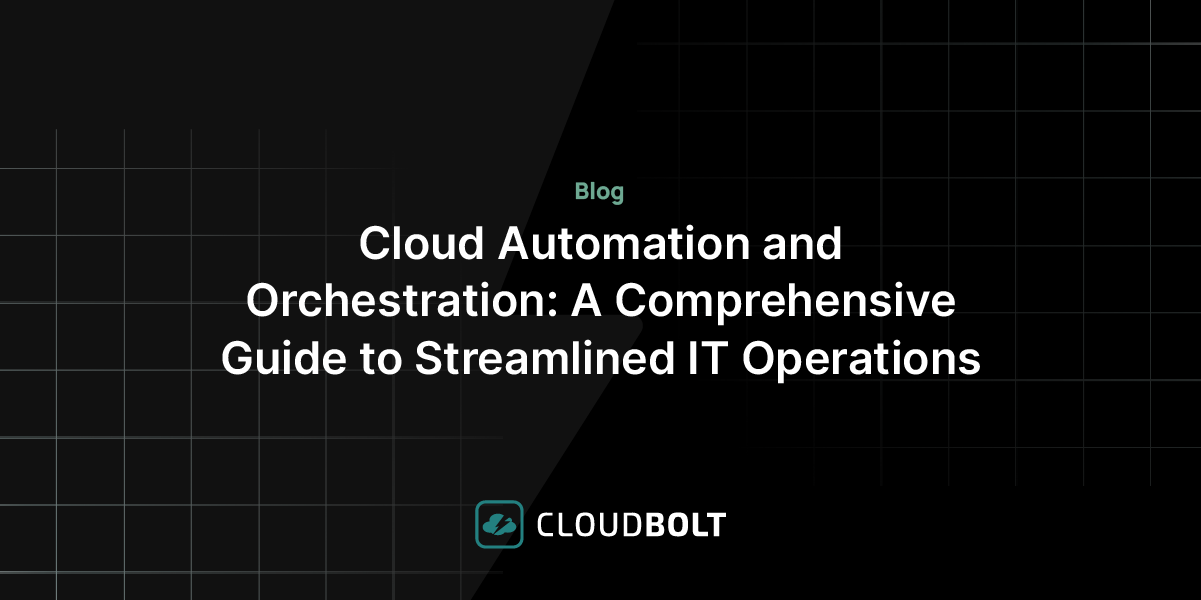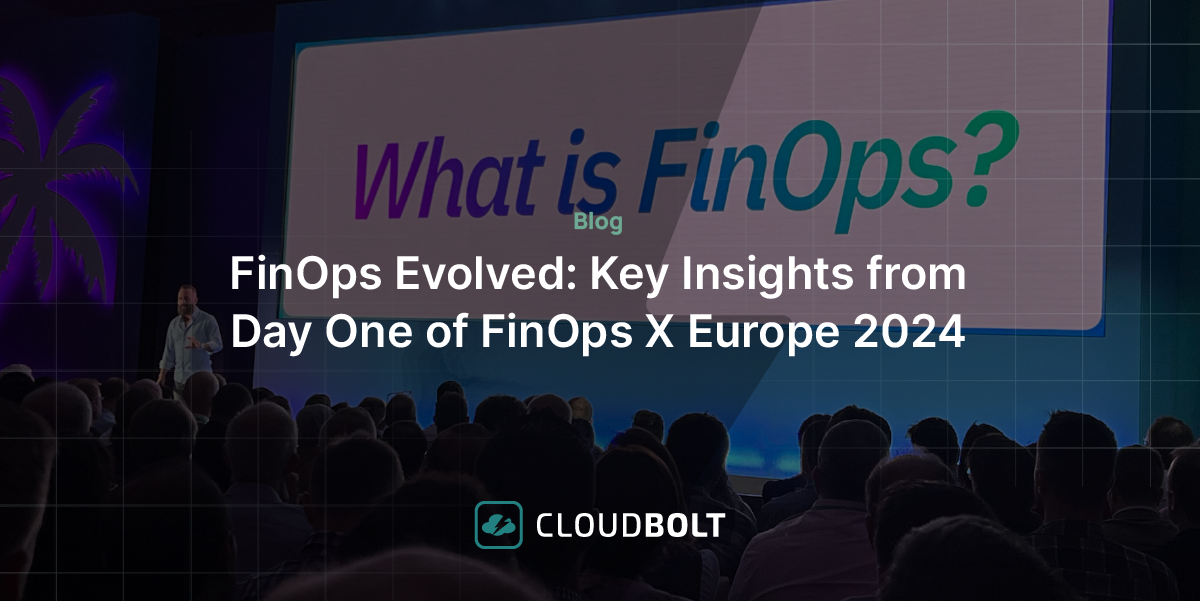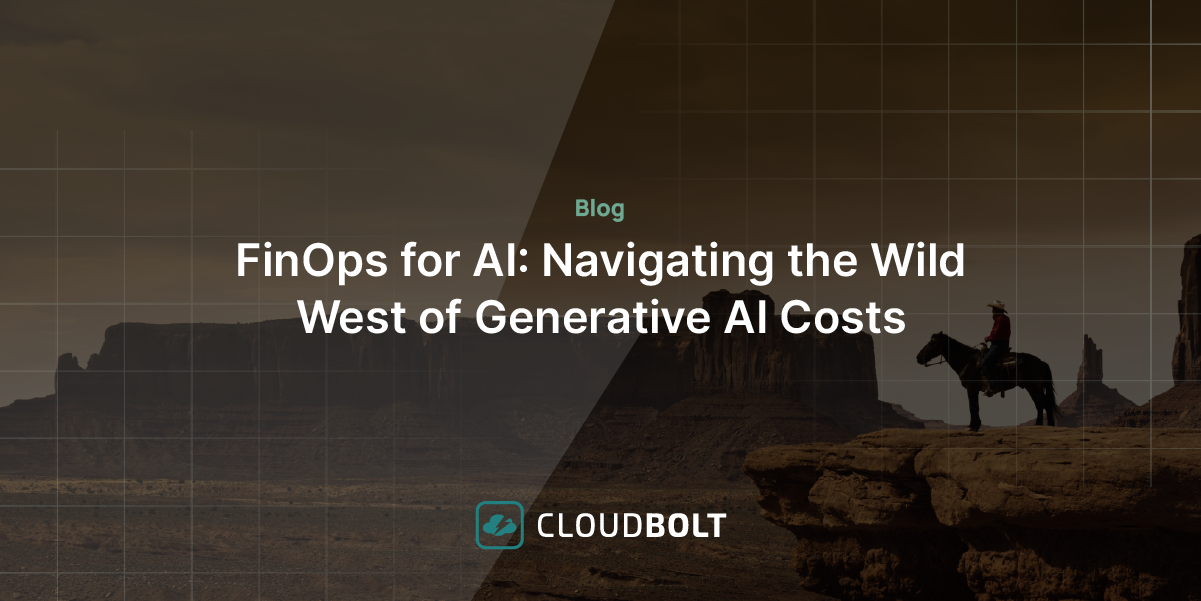Best Container Orchestration Tools for 2020
Container orchestration tools can help users manage containerized apps and resources they need during development, testing, and deployment. These tools orchestrate the complete app life cycle based on given specifications. There is a variety of container orchestration tools available to your organization. Today, we’ll look at some of the best orchestration tools for 2020.
Kubernetes (K8s)
Google developed Kubernetes in 2014 as an open-source container orchestration system. Since then, Cloud Native Computing Foundation has adopted it as a flagship. Kubernetes is a portable, cluster-managed tool backed by Google. It allows containerized applications to run multiple clusters for better organization and accessibility. It has become the leading de-facto standard of container orchestrator. It has been widely adopted by all managed container solutions as it is easy to use, works across infrastructures, and empowers developers more.
Reasons for Choosing Kubernetes
- Provides an enterprise-level container and cluster management service
- Extensible and well-documented
- Lower resource costs
- Flexible deployment and management
- Allows for the adjustment of workloads without the need for a redesign of the application
- Enhanced portability
Download The Only Kubernetes Starter Guide You’ll Ever Need today.
Google Kubernetes Engine
This cloud orchestration tool comes with the Google Cloud Platform. It has all the functionality of Kubernetes, including scaling, deployment, and management of containerized apps. However, it’s faster and more efficient.
Reasons for Choosing Google Kubernetes Engine
- Provides automated scaling, repairing, and upgrading
- Completely managed and supported
- Removes interdependencies to facilitate container isolation
- Secure
- Portable between on-premises and cloud deployments
Amazon Elastic Kubernetes Service (EKS)
This Kubernetes service manages, secures, and scales containerized applications in the Amazon Web Services (AWS). It eliminates the need for the Kubernetes control panel. EKS clusters run in AWS Fargate across multiple locations. If you have Kubernetes-based applications, you can move them to Amazon EKS without having to change any code. EKS works seamlessly with many Kubernetes tools.
Reasons for Choosing Amazon EKS
- No need to provision and manage servers
- Can specify resources for every application and pay accordingly
- More secure with the application isolation design
- No downtimes during patching and upgrades
- Runs in multiple locations to avoid a single point of failure
- Better traffic control, monitoring, and load balancing
Azure Kubernetes Service (AKS)
Azure Kubernetes Service is an open-source container orchestration tool that brings Kubernetes to Microsoft Azure. You can use it to deploy, manage, and scale Docker containers and other container-based apps in a cluster environment.
AKS offers provisioning, scaling, and upgrades of cloud resources as needed without downtime in the cluster. And the best part is you don’t need any specialized knowledge in container orchestration to manage AKS.
Reasons for Choosing AKS
- Manage, build, and scale microservice-based apps
- Simple app migration and portability options
- Excellent speed and security during DevOps
- Easily scalable
- Data streams processed in real time
- Training machine learning models are efficient
- Scalable resources for running IoT
Amazon Elastic Container Service (ECS)
ECS runs apps in a managed cluster of EC2 instances on Amazon Web Services (AWS). ECS powers services, such as AWS Batch, Amazon.com’s recommendation engine, and Amazon SageMaker. It guarantees availability, reliability, and security.
Reasons for Choosing ECS
- Payment hinges on resources per app
- Service mesh gives users end-to-end visibility
- Amazon VPC guarantees container security and isolation
- Effective load balancing
- Scalability
It is important to understand your technology needs, preferences, and capabilities before you choose from these available options. If you want to control every part of this ecosystem you can start with Kubernetes as an open source product. However, if you prefer to let someone else manage the environment you can lean more towards a managed solution. Choose smart, start small, and iterate as needed!
Experience the leading hybrid cloud management and orchestration solution. Request a CloudBolt demo today.
Related Blogs

Cloud Automation and Orchestration: A Comprehensive Guide to Streamlined IT Operations
As businesses increasingly adopt cloud technologies, managing these environments has become more complex. To optimize resources, reduce costs, and accelerate…

